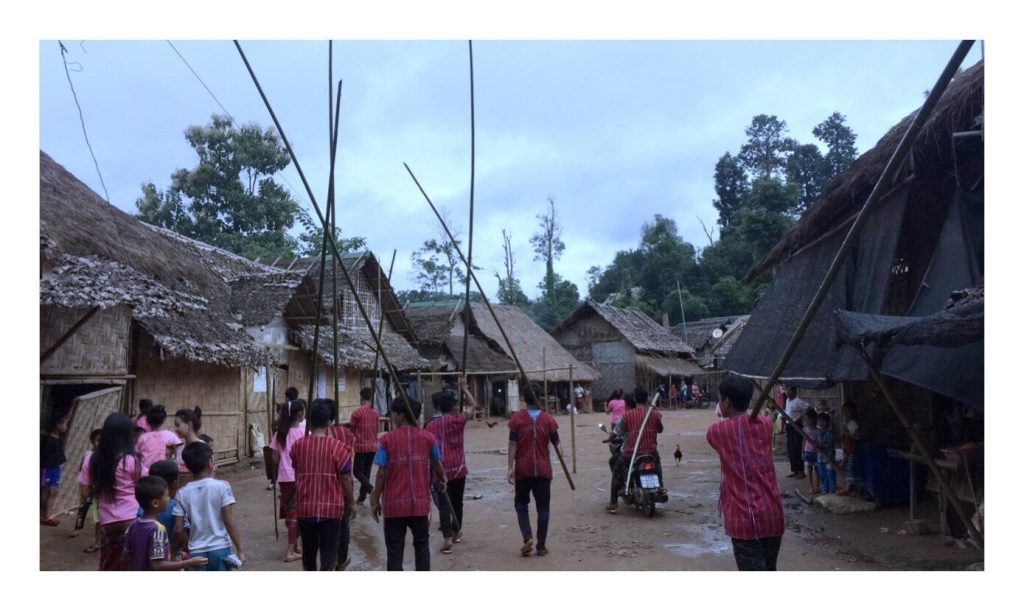News > Immigration In Minnesota
Austin’s Future Filmmaker: Sow Reh

Posted on Jan 10 2020
Though Sow Reh has never owned his own camera, his greatest passion is photography. His dream is to be a videographer and filmmaker. “I want to travel to beautiful places to take pictures and videos,” he said. “I want to make documentaries about people’s lives, particularly Karenni people.”
Sow Reh has borrowed cameras from nonprofits and friends, has rented one from the Karenni news station KT (Kantarawaddy Times), and has used iPhones for photography, as in the photo below.
“I made do with what I had,” he said, adding that he hopes to eventually get a DSLR camera, and would also like a drone camera to take different kinds of landscape pictures. Landscape and nature photography are particularly compelling to Sow Reh. He hopes to one day travel to Arizona and California because the landscapes in those states remind him of where he lived as a child. “Growing up in the woods, I loved to go to the mountains and rivers near my house,” he said.

Sow Reh is multi-talented: his YouTube channel showcases both his video and music skills, and he has also done some acting, starring in the music video for Khu David Brown’s “Why you hate me?”
In addition to these creative endeavors, Sow Reh takes IT and computer classes at Riverland Community College and is the media manager for a local soccer team. He is enthusiastic about soccer, often traveling to St Paul for Minnesota United games. He’s a fan of the team and loves to watch a good game.
Sow Reh also volunteers with the Welcome Center in Austin, happily doing photography for events, like Karenni National Day, and whenever he’s needed. He first connected with the Immigrant Law Center of Minnesota (ILCM) through his involvement with the Welcome Center
Sow Reh came to the United States from a Karenni refugee camp in Thailand in March 2018, after three years of working to get approved through refugee resettlement. “The process started with an application,” Sow Reh said, counting on his fingers. “If you were accepted, then you were called for an interview with the Thai government. After that, the U.S. Department of Homeland Security (DHS) interviewed you. If you passed all these interviews, then you were given a medical exam. Throughout the process, there was always the chance that something would not work out and I would have to start all over again. Luckily, I made it through each step. I’m really thankful for this.”
Before leaving Thailand, there was a week of cultural orientation. During the week, they learned about the day-to-day life of people in the United States. Sow Reh learned about the American education system, retirement, how to stay safe in cases of emergencies, how to use stove tops, the laws of the United States and what happens if you commit a crime, and how to eat American food. He laughed as he remembered the lesson on peanut butter and jelly sandwiches. “It’s just bread with peanut butter and jelly in it… and it’s a meal here!”
“When I left Thailand, I already knew I was coming to Austin,” he said. He came knowing he had relatives, friends, and Karenni community to look forward to there. “It’s a small town, but there are a lot of great resources,” he said of Austin, and added: “There is community everywhere.” The rest of Sow Reh’s family was able to come to the United States with him, and now they are together in Austin.
“We came here to get an education, to have a better future for us and for our kids and grandkids, and hopefully to use that knowledge to give back to the community both here and back home,” he said. Sow Reh envisions a long future for himself and his family in the United States.




